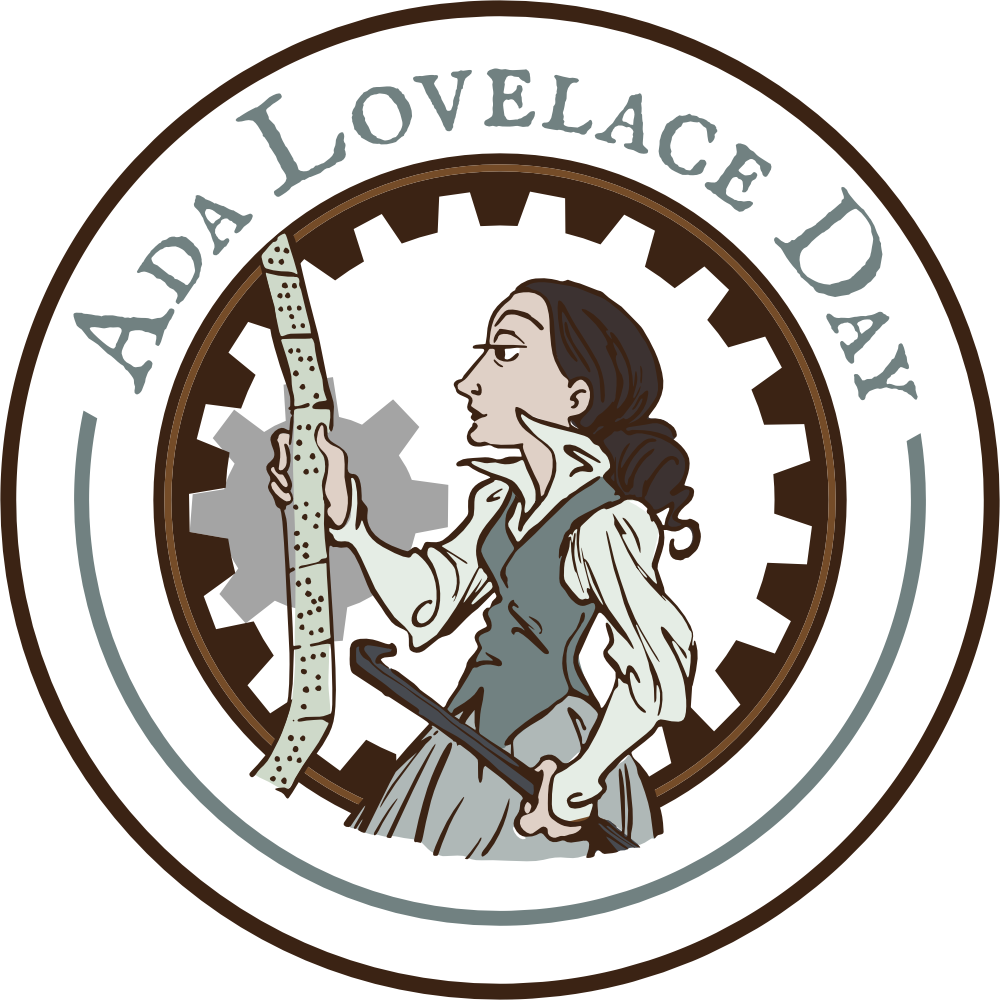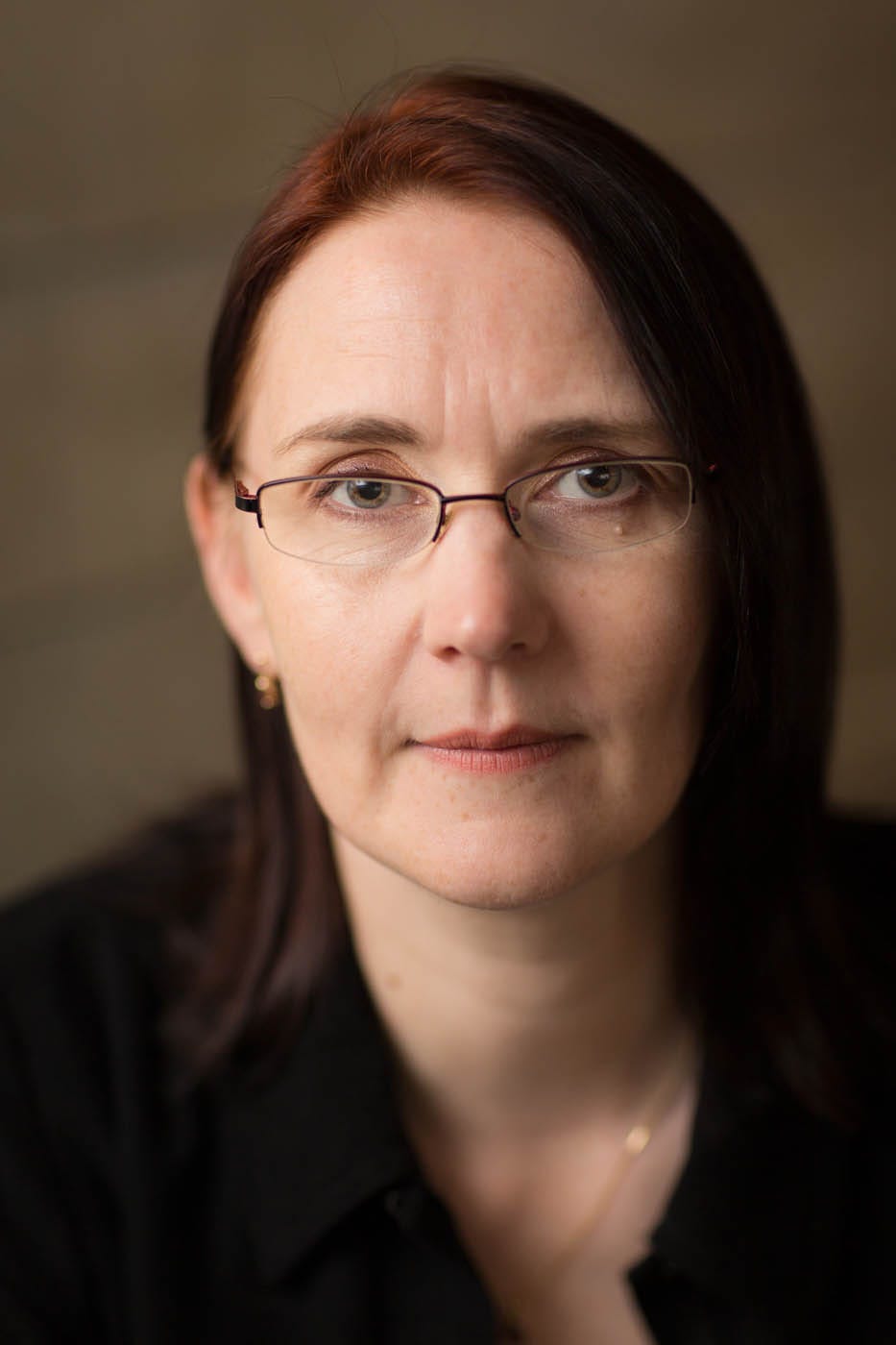Let’s level the playing field together
That there are fewer women than men in fields like science, tech, engineering and maths (collectively known as STEM) is now widely understood. Despite evidence that girls do well in such subjects at school, few go on to study them at university and even fewer then get jobs in these fields. By the time you get to the boardroom, there are hardly any women to be seen.
The reasons for this inequality are many, spanning issues such as social pressure on girls and women to pursue “suitable” careers, subtle misogyny in higher education and the workplace, and a lack of support for women who wish to have a family or re-skill when re-entering the workforce after having a family or caring for elderly relatives.
These are complex problems that we all need to understand and address, and Ada Lovelace Day is my contribution to the solution.
What is Ada Lovelace Day?
Ada Lovelace Day (ALD) is a global celebration of the work and achievements of women in STEM. It aims to increase the profile of women in STEM and, in doing so, create new role models who will encourage more girls into STEM careers and support women already working in STEM.
Founded in 2009 by Suw Charman-Anderson, it is now held every year on the second Tuesday of October. It usually the flagship Ada Lovelace Day Live! ‘science cabaret’ in London, UK, at which women in STEM give short talks about their work or research in an informal, theatre-like setting.
This year, our event will take place at the Royal Institution on the evening of Tuesday 10 October.
Can I organise my own ALD event?
Ada Lovelace Day also includes dozens of grassroots events around the world, organised entirely independently from the ALD Live! event. These events take many forms — from conferences to Wikipedia ‘edit-a-thons’ to pub quizzes — and appeal to all ages, from girls to university students to women with well-established careers. Every year, people in dozens of countries across six continents put on their own event to support women in their own communities.
How can I support Ada Lovelace Day?
This year, we are supported not just by the Royal Institution, who are hosting our event, but also by media partner Stylist and sponsors Digital Science, Redgate and dxw.
But the after-effects of the pandemic and the energy crisis are still having a huge impact on corporate sponsorship – last year, we nearly had to close because of a lack of funding – and we need your help to make Ada Lovelace Day financially sustainable again, so that we can do more to help women and girls in STEM.
If you can afford to, please upgrade to paid. We need 250 people to find £8 a month to lay down a solid financial foundation upon which to build.
If you can’t afford £8 per month, please select one of our discount codes:
ALD25 will reduce the subscription to £6 a month or £60 per year
ALD50 will reduces the subscription to £4 a month or £40 per year
ALD75 will reduce the subscription to £2 a month or £20 per year
Our content is available to all subscribers and visitors, so these are donations rather than a premium subscription, but without your support we won’t be able to keep everything free.
We are grateful for every penny, but we also understand if you don’t have the capacity to donate. Instead, please consider sharing our newsletters with your friends and colleagues and encouraging them to join us. The more, the merrier!
What can I expect from this newsletter?
Our main newsletter usually goes out on the second Tuesday of every month and includes updates of what’s happening with Ada Lovelace Day’s work and events. As Ada Lovelace Day itself gets a little closer, our emails become a little more frequent.
We have also launched sections on women in STEM, books and podcasts, and ALD Live videos. You can control which emails you receive in your settings. There will be at least one email per week to one of these sections.
Who runs Ada Lovelace Day?
Hi! I’m Suw Charman-Anderson, and I founded Ada Lovelace Day in 2009 as a response to online discussions about the lack of women on stage at tech conferences. As a woman in tech, I realised that the issue wasn’t a lack of women, but their invisibility. Ada Lovelace Day is my effort to increase the profile of women in STEM and create new role models to support girls in their study choices and women in their careers.
In 2015, I began working on Ada Lovelace Day full-time, thanks to the generous support of the day’s sponsors. Prior to that, I was a social technologist and, as one of the UK’s social media pioneers, have worked with clients around the world to use social tools for collaboration and communication internally, and to build customer relationships externally. As a freelance journalist, I have written about social media and technology for The Guardian, CIO Magazine, .Net Magazine, Computer Weekly and FirstPost.com, and about publishing and crowdfunding for Forbes.com.
In 2005, I co-founded the Open Rights Group, a digital rights campaigning group. As its first Executive Director, I prepared the organisation’s response to the Gowers Review of Intellectual Property, and gave evidence on digital rights management to the All Party Parliamentary Internet Group.
I now live in Reading with my two cats, Grabbity and Copurrnicus. I am writing a short film, Fieldwork, about ecologists working in the field for the University of York, and I write two other newsletters here on Substack: Why Aren’t I Writing? is about overcoming writer’s block, and Word Count is a collection of interesting things I’ve listened to or read about writing, and includes updates on my own fiction projects and short stories.



